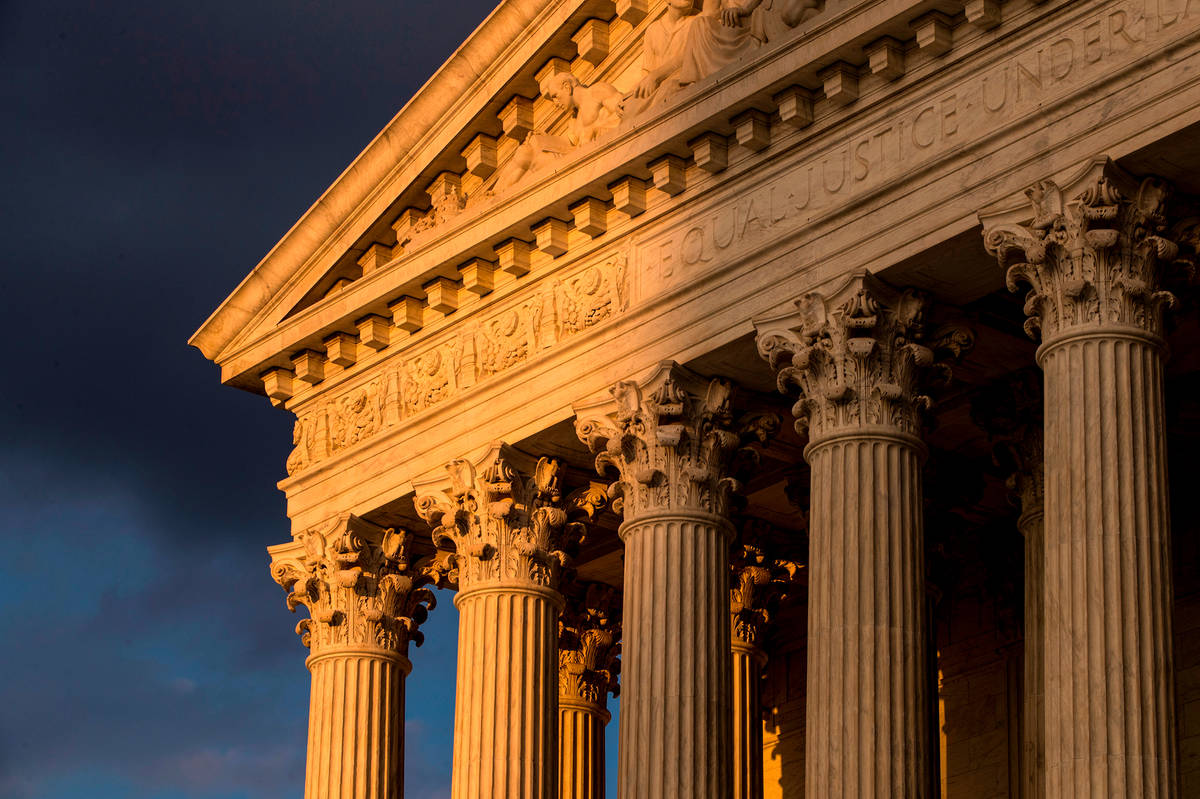EDITORIAL: Ruling could endanger campus speech restrictions
The dubious principles behind campus speech restrictions have rapidly proliferated outside the university in recent times as part of the new fashionable woke authoritarianism. Ironically, such limits on free expression may soon be eradicated on campus even as they further infest American culture at large.
On Monday, the U.S. Supreme Court issued a ruling in a Georgia case that potentially grants standing to thousands of college students to challenge the constitutionality of campus speech rules. That, in turn, could force universities to rethink such policies or risk an increasing number of lawsuits and additional financial liability.
The case involved Chike Uzuegbunam, who in 2016 was a student at Georgia Gwinnett College when school officials designated two small locations as “free speech expression areas.” The designated spots — which amounted to less than two-tenths of 1 percent of the school’s total property, his lawyers calculated — were available “only on weekdays and only for four hours on most days and two on Fridays,” The New York Times reported. “Students could reserve them once every 30 days.”
Mr. Uzuegbunam sought to secure one of the locations to preach to students about his evangelical faith. But … wait for it … some students complained about even this minor concession to the First Amendment, and the police eventually told him he was allowed only to hand out literature or talk to others one-on-one. As the Times put it, “Public speaking in a free speech zone, the officer said, amounted to disorderly conduct.”
You can’t make this stuff up.
Mr. Uzuegbunam sued. The college gave a half-hearted defense of its hostility to the Bill of Rights, actually arguing, according to the Times, that promoting Christianity on campus could violate the “fighting words” doctrine. But the school eventually relented and dropped the policy, arguing that this made the student’s lawsuit moot. A federal appeals court agreed, but the Supreme Court held that even a request for nominal damages in a case involving a core constitutional right is enough to allow the controversy to be adjudicated as long as the plaintiff meets a handful of other conditions.
“That should have colleges and universities very, very worried — and might be the first real set of consequences for academia after decades of forcing speech codes and silence on their students,” noted blogger Ed Morrissey on hotair.com. “Just the added risk of ending up in federal court might be enough of an incentive to force these universities and colleges to recalculate risk and reward.”
The practical effect of Monday’s ruling will be to bolster the First Amendment and other constitutional protections. Let’s hope that becomes a pattern as the justices roll out more decisions before recessing in June.

















